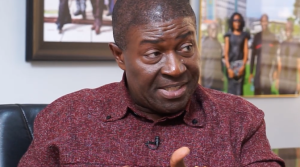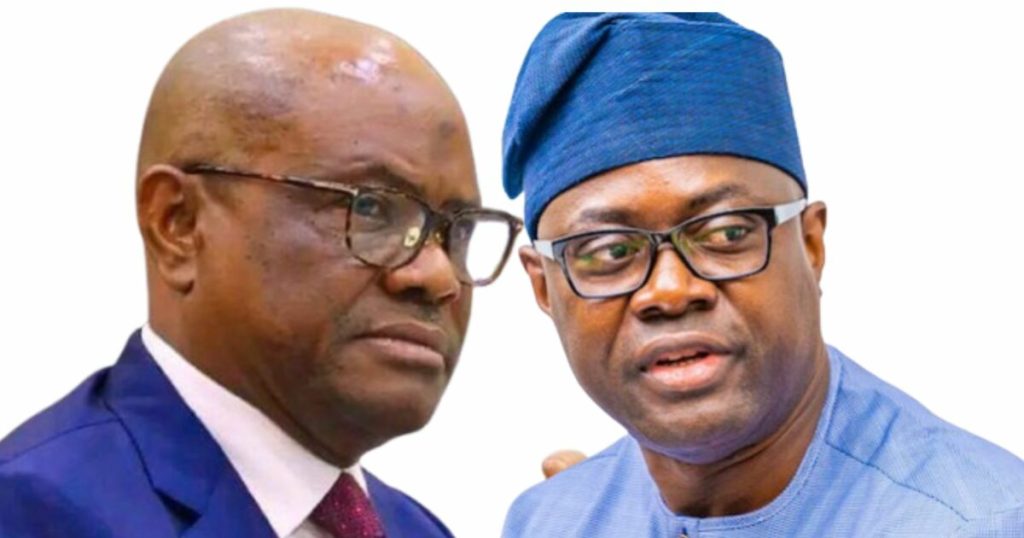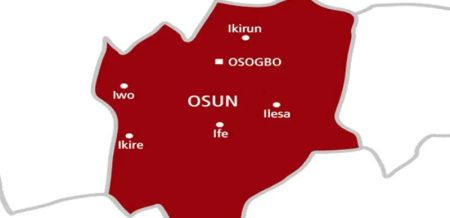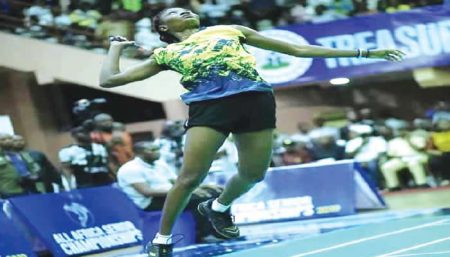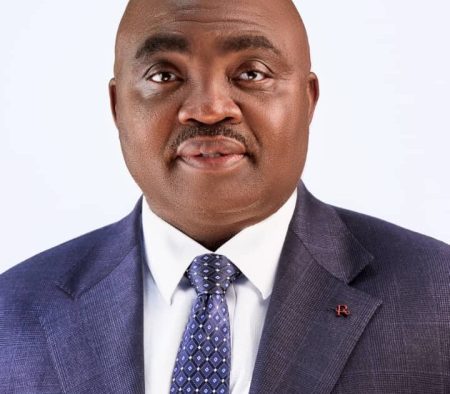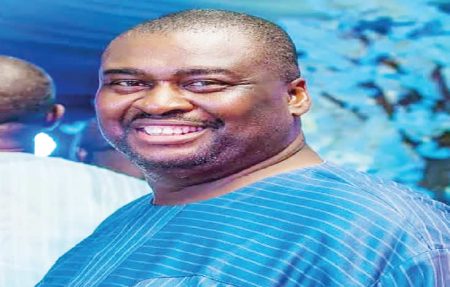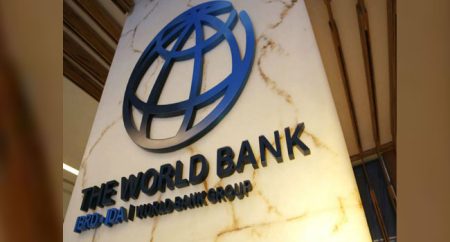Paragraph 1: The Peoples Democratic Party (PDP) is embroiled in a power struggle, primarily between Oyo State Governor Seyi Makinde and Federal Capital Territory Minister Nyesom Wike, two prominent figures who were formerly allies. This internal conflict stems from the aftermath of the 2023 presidential election, where both Makinde and Wike, along with other governors known as the G-5, opposed the PDP candidate, Atiku Abubakar, due to his northern origin and their insistence on a southern presidential ticket. Their opposition contributed to the victory of Bola Tinubu. Despite their shared history, a rift has formed between Makinde and Wike, escalating tensions within the party.
Paragraph 2: The current discord between Makinde and Wike revolves around several key issues, including the reinstatement of Senator Samuel Anyanwu and the timing of the PDP’s national convention. Makinde, aligning with the party’s national leadership, supports the scheduled convention in August 2025. However, Wike and his faction, including former G-5 members, advocate for postponement, seemingly aiming to consolidate their power within the party ahead of the 2027 elections. This difference in approach has further exacerbated the existing tensions, with each side seeking to exert their influence over the party’s direction.
Paragraph 3: The Wike-led faction has laid down several conditions for reconciliation and party unity. They demand the zoning of the PDP’s 2027 presidential ticket to the south, reaffirming their earlier stance during the 2023 elections. Furthermore, they insist on the recognition of Senator Samuel Anyanwu as the National Secretary, a position contested within the party. These demands reflect Wike’s strategy to position the party for future elections and potentially weaken it against President Tinubu, whom he has pledged to support for re-election. This open support for a rival party’s candidate underscores the deep divisions within the PDP.
Paragraph 4: Prominent PDP members have reacted strongly to Wike’s actions and demands. Party elders, including Chief Olabode George, a member of the Board of Trustees (BoT), have warned against attempts to hijack the party and emphasized the authority of the National Executive Committee (NEC) in making decisions regarding the convention. They insist on adherence to party rules and regulations, rejecting any attempts to circumvent established procedures. This highlights the internal struggle for control and the importance of established party structures in navigating the current crisis.
Paragraph 5: Former PDP National Secretary, Senator Ibrahim Tsauri, another BoT member, acknowledged Wike’s past contributions to the party but criticized his current actions, particularly his support for Tinubu. He dismissed the possibility of postponing the convention due to pressure from Wike’s group and highlighted the PDP’s remaining strength with ten sitting governors. He also suggested that the party leadership’s failure to take disciplinary action against Wike has further fueled the crisis. These varying perspectives within the party illustrate the complexity of the situation and the challenge of balancing past contributions with current actions.
Paragraph 6: The conflict has resonated across different levels of the PDP. The South-West and Bauchi State chapters have expressed differing views on the legitimacy of Wike’s meeting and the issue of the National Secretary. Meanwhile, the Oyo State chapter dismissed the gathering as a meeting of Wike’s “followers and friends,” devoid of official party recognition. This widespread reaction underscores the pervasive nature of the conflict and the challenge of maintaining party unity amidst such deep divisions. The future of the PDP hinges on how these internal struggles are resolved and whether the party can regain its cohesion ahead of future elections.


